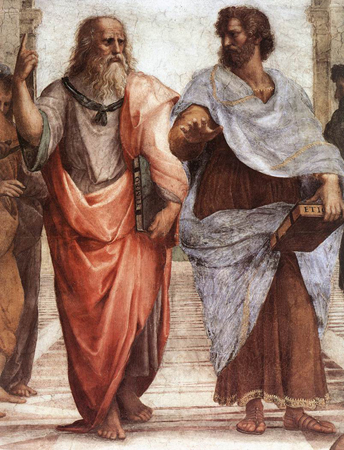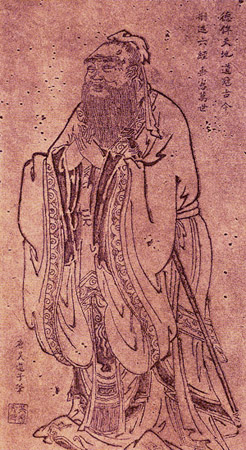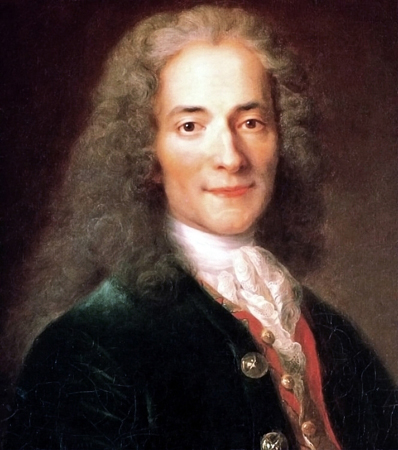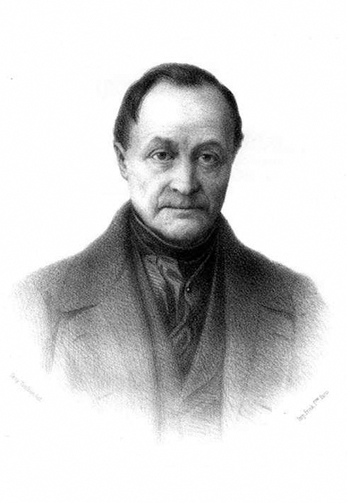| << Chapter < Page | Chapter >> Page > |




Since ancient times, people have been fascinated by the relationship between individuals and the societies to which they belong. Many of the topics that are central to modern sociological scholarship were studied by ancient philosophers. Many of these earlier thinkers were motivated by their desire to describe an ideal society.
In the 13th century, Ma Tuan-Lin, a Chinese historian, first recognized social dynamics as an underlying component of historical development in his seminal encyclopedia, General Study of Literary Remains . The next century saw the emergence of the historian some consider to be the world’s first sociologist: Ibn Khaldun (1332–1406) of Tunisia. He wrote about many topics of interest today, setting a foundation for both modern sociology and economics, including a theory of social conflict, a comparison of nomadic and sedentary life, a description of political economy, and a study connecting a tribe’s social cohesion to its capacity for power (Hannoum 2003).
In the 18th century, Age of Enlightenment philosophers developed general principles that could be used to explain social life. Thinkers such as John Locke, Voltaire, Immanuel Kant, and Thomas Hobbes responded to what they saw as social ills by writing on topics that they hoped would lead to social reform.
The early 19th century saw great changes with the Industrial Revolution, increased mobility, and new kinds of employment. It was also a time of great social and political upheaval with the rise of empires that exposed many people—for the first time—to societies and cultures other than their own. Millions of people were moving into cities and many people were turning away from their traditional religious beliefs.

The term sociology was first coined in 1780 by the French essayist Emmanuel-Joseph Sieyès (1748–1836) in an unpublished manuscript (Fauré et al. 1999). In 1838, the term was reinvented by Auguste Comte (1798–1857). Comte originally studied to be an engineer, but later became a pupil of social philosopher Claude Henri de Rouvroy Comte de Saint-Simon (1760–1825). They both thought that society could be studied using the same scientific methods utilized in natural sciences. Comte also believed in the potential of social scientists to work toward the betterment of society. He held that once scholars identified the laws that governed society, sociologists could address problems such as poor education and poverty (Abercrombie et al. 2000).
Comte named the scientific study of social patterns positivism . He described his philosophy in a series of books called The Course in Positive Philosophy (1830–1842) and A General View of Positivism (1848). He believed that using scientific methods to reveal the laws by which societies and individuals interact would usher in a new “positivist” age of history. While the field and its terminology have grown, sociologists still believe in the positive impact of their work.

Notification Switch
Would you like to follow the 'Introduction to sociology' conversation and receive update notifications?